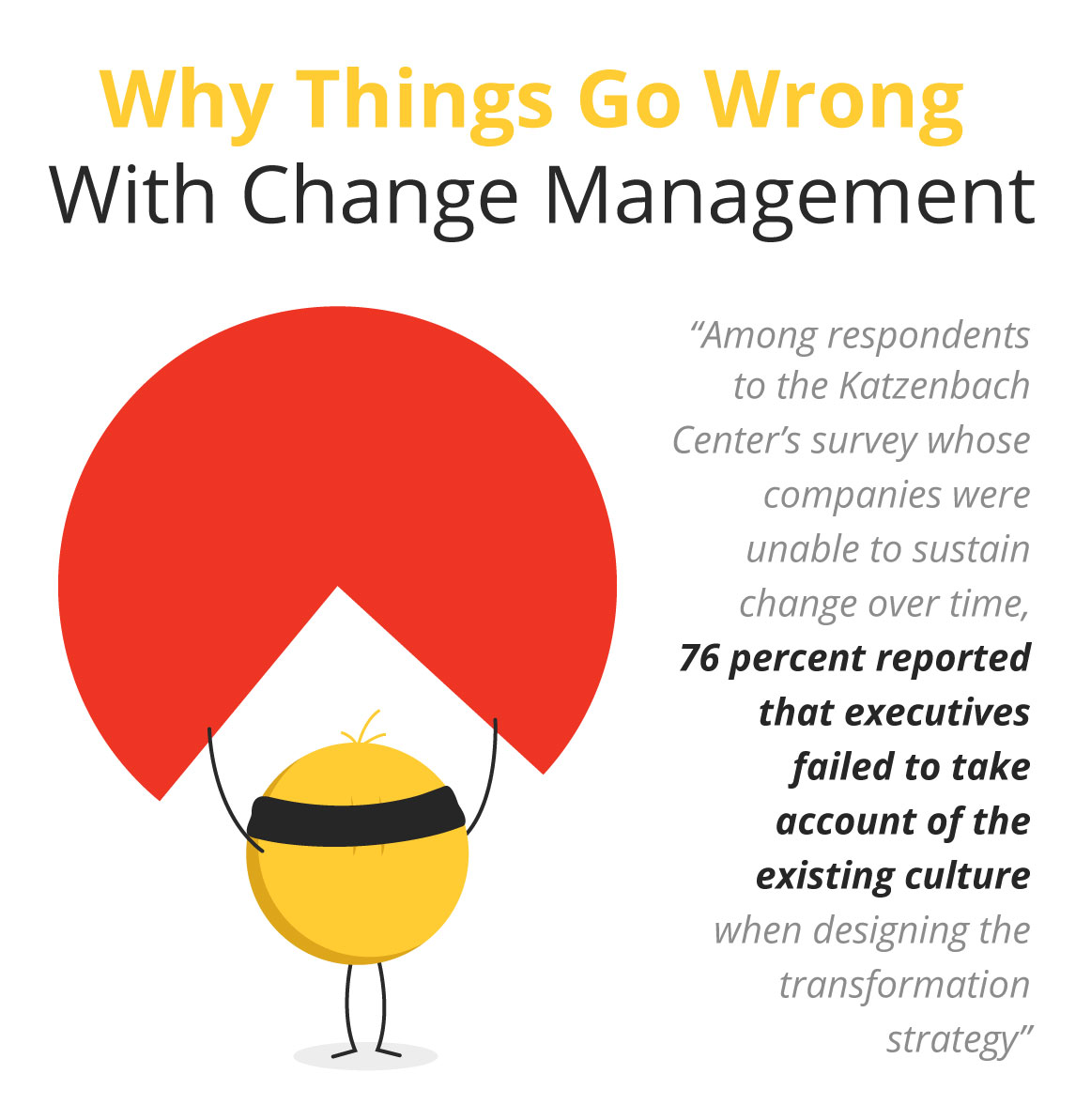Grand leadership: leading without a position or rank

Mr Mzimkhulu Sithetho
Managing Director of the Governance Institute for Sustainable Development and Editor-In-Chief of thizkingdom.com

Position or rank versus following
Most people think that occupying a rank or position automatically makes one a leader. This thinking is far from the truth. There are many people who are in positions of power, but they are not powerful, nor are they leaders. They cannot inspire others to follow them in any course. There are many people who rise through the ranks through dubious means such as corruption, political affiliation or even using personal networks and friendships. They are parachuted to the top positions with no experience or expertise. When they get there, they find themselves having to lead teams of educated, intellectual, experienced, and committed people. Realizing they do not have matching skills to lead these teams, they become insecure and resort to use of force, bullying their teams to entrench respect and honour. But no one follows them.
People who rise through the ranks through crooked means know it deep down that they do not have what it takes to lead the people under their charge. They use their position or rank to bulldoze their subordinates into obeying them. Those who are under them do so with a pinch of salt and they feel betrayed. These are not leaders but bosses. Bosses tend to give instructions during communication and demand that the orders be respected, otherwise there will be punishment. Bosses often write warning letters to their subordinates because that is ammunition at their disposal to entrench or demand respect. Respect is not deserved or cannot be demanded. It is a virtue that is earned through grand leadership.
Consequently, bosses wreck the working environment with loss of trust among them and employees and create an unbearable working climate that is not conducive to work in. Worker morale declines and team spirit is wrecked. A bad culture of gossip, backbiting, spitefulness and sycophancy is created. This environment is a fertile ground for a bad organizational culture; laced with siloed operation, mistrust, unreasonable competition instead of complementarity and the segregation of those who do not sing from the same hymn book with the boss. Bosses panel-beat those under their charge to suit their own narrow interests. In turn, the supposed beneficiaries get blindfolded to thinking that it is for a good cause. They get attracted to short-term gains. There grows a serious leadership deficit and gap.
An organization led by a boss instead of a leader breaks into an abyss of corruption with no controls and checks-and-balances. This is because people do not perform their expected duties but do what satisfies the boss. Internal systems and processes are breached and manipulated to serve the narrow and selfish interests of the boss, who enjoys these with his or her clique of confidantes and loyalists. Assertive people who try to express dissent are threatened, harassed, and busted or demoted as punishment for refusing to toe the line.
Leaders on the other hand inspire others, who in turn volunteer to undertake courses of action without having to be forced to do so. A grand leader is the one who models leadership qualities that attract others to follow him or her. A grand leader does not go about looking for followers. A boss has those under him or her as employees, but a leader has followers who are attracted to him or her by his or her good deeds or personality. A boss uses hierarchy to exercise control over those under him or her, while a leader inspires commitment from his or her followers. Followers of a leader voluntarily throw themselves behind a course of action without being forced. Their conscience, intuition and gut feeling tell them it is a worthy cause to follow that is championed by a leader for the benefit of the organization and the larger society.
Followers of a leader commit to help the leader achieve his vision, to which they share because he has communicated it clearly to his or her followers. Meanwhile, a boss shoves down his or her vision to those under him or her through their throats and expects them to follow suit. Those led do so under duress or coercion, mainly for fear of punishment. A leader does not do things to satisfy other people but does the right thing. A leader shows the way by demonstrating and teaching those he is leading. He does not reprimand but corrects the wrongdoing in a manner that molds his or her followers. A leader does not favour anyone within the team. All those under him or her feel his or her warmth and understand his or her side of the story when he expresses a different viewpoint. That viewpoint becomes the winning view at the end, which benefits the whole team.
Influence and power versus authority
A leader is recognizable by his or her ability to influence, inspire and motivate those under him or her to follow a certain course of action, which is a worthy cause to achieve a predetermined end. Influence is making people voluntarily do things out of will, not under coercion or force. Meanwhile, power is the ability to influence others to do something or follow a certain course of action. To be influential requires power to make people to voluntarily act out of their volition towards a worthy cause. To be influential comes from being of service and help to others and making them feel at home when with one. However, influence should not be misconstrued as trying to satisfy others to get their validation of one. Instead, it is to win not only their minds, but also their hearts and they will follow. People often have a sense of what is good and what is not, and will follow what is good for society, of course, except for naturally malicious people who act out of chicanery for self-aggrandizement. Every society will always have good and bad people; it is a natural phenomenon.
Empowering others to become what they desire to become and making them progress from one level to the next is the most important form of power and an ingredient for leadership. A leader makes others feel they are leaders in their own right and within their sphere of influence. However, authority is a right or control that comes because of a rank or position one holds. Authority does not wrest with an individual but is vested in the position she or he holds. When a person holding a position or rank leaves it, the authority remains and will be exercised by a new incumbent of the position. Conversely, power wrests with a position-holder and with or without that position, a leader becomes powerful. Power and influence are unofficial and are not derived from holding a rank but from the deference others have to a leader's character and ability.
An organization that is well led, is well run
John Maxwell asserts that everything rises and falls with leadership in an organization. This means that when things go well at leadership, an organization or company registers success. Success of an organization is aptly attributable to good leadership and this rings true for the opposite. In a properly led organization, success is a result of collective effort, of course, championed by the leader. A team that is well-led is able to innovate and exhibit high levels of creativity that are direly needed by the organization. Its employees are committed and focused on their work. They are free from any distractions such as having to protect themselves against a boss with a corrosive personality. They are productive and are able to give it all to the organization. The morale is high and there is teamwork. They feel safe and there are low levels of employee turnover because employees are willing to stay long, even despite average salaries and benefits below what the market offers. This therefore proves wrong a belief that high salaries lead to job satisfaction. It is the environment that an organization creates that leads to job satisfaction. Employs who earn meagre salaries can stay long in an organization as long as they value the contribution, they make to the organization more than the benefits they get. Creation of this kind of environment is the responsibility of leadership. Also, creation of an unbearable working environment is the outcome of top management that has no vision for the organization.
Employees working in a good and conducive environment cherish their work, work with minimal supervision as they are self-driven and proactive. There are less grievances laid with the human resource office and less stress. The workplace becomes a seedbed for learning, sharing and empowerment. A spirit of enterprise is created. Employees become entrepreneurs in their own right, innovate and become creative thinkers, all qualities that have a positive multiplier effort for the desired growth of the organization. Employees are viewed as valuable assets and their personal growth manifests. They work as though they have shares in the organization and have a desire for the growth of the organization and their own growth. They can sacrifice their personal time and sometimes resources towards a good cause because they firmly believe in the cause as being worthy for both parties. This is due to an enabling environment that is created by the leadership. Conversely, top management can screw the employees and create a sour and unpalatable environment.
Employee morale is a dependent variable as it is easily triggered by the worker environment created by those on the leadership of an organization. A good working environment turns out to be a breeding ground for high morale, commitment, and teamwork and a bad one is recipe for all bad things such as spitefulness, gossip, siloed operation, conflict, sycophancy, and undue loyalty to the boss. Create a conducive environment, employees will definitely become productive and job satisfaction increases, create a bad one, the opposite is the case. There is a story of an employee who was contracted by two companies, working as a full-time employee for one and on a part-time basis for another. In one organization, he felt part of the team and was productive, but in the other, he was unproductive and insecure, and only worked to get his pay cheque at the end of the month. Reason, the working environment.
Problem-solving abilities
Leaders exhibit problem-solving abilities during difficult situations. They think beyond the obvious and offer working solutions to solve problems inflicting a team or group. Grand leaders often have a high aptitude for solving problems. They analyze, diagnose and address problems effectively. Since leaders are often perceptive, their antenna is so high that they see things that others do not see and come up with working solutions. They often have a way to get through a situation and are not stranded by their circumstances. They see opportunities that others do not see and inspires others to develop themselves.
Nurturing others
Grand leaders are preoccupied with who they leave behind, not what they leave behind. They therefore nurture others, who can take over when they leave, or who can find their purpose in life. That is why leaders are concerned with the future generation. Their craft is often around empowering others, helping others and developing others. True leadership is reproductive. Bullying others is stooping low, so is competing with others. A leader does not compete with others, but with himself or herself. He is or she willing to see a better version of himself or herself than he or she was yesterday, and also doing this to others, helping them to see better versions of themselves tomorrow.
Organizations and companies are in trouble
Organisations and companies have position-holders who have come to be in those positions not by merit, but through manipulative means - nepotism, cronyism or other dubious means. When they are in those positions, they screw those under their charge and organisations go down the trail. That is the reason organisations today are in trouble. They are not growing, are liquidated and some are merged with others due to poor governance and leadership. Most companies are today going through some form of institutional review or restructuring, which are caused by things having gone wrong in the past. Companies and organisations that are properly led thrive, voluntarily reinvent themselves through branding or other ways. Those that seek external intervention either of shareholders or others who instruct that they undergo an institutional review, restructuring and merger or even incorporation are those that are have internal serious problems. They have drifted away from their intended mandate and become less productive and unprofitable. The end- result is that they fold, sell their assets and directors go different ways.
Most Read
Reforms, Elections and Democratic Stability in Lesotho

Organizations and companies go through a rough patch

The cooling of the political temperatures came with the BAP joining the bandwagon after a season of political agitation and chess games, reflecting political anomalies in the system of political governance of Lesotho:

Related Stories
Gullible political party members swayed by self-serving leaders

Opinion Vote Polls
Do you think the existing government is going in the right direction to benefit the people of the country?
Subscribe for your daily newsletters
Enter your email to subscribe to our newsletter.

